02
Studying the mechanosensitivity of neurons at nano-scale
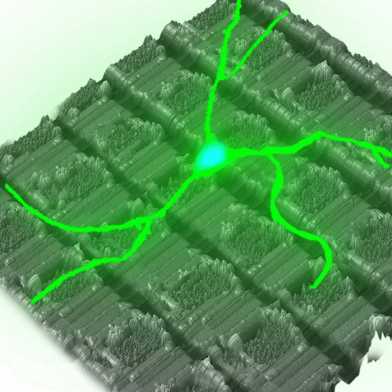
Right from the early developmental stages to fully grown adults, brain cells continuously rely on mechanical cues to migrate to the correct locations in the body, form connections with other neurons or other cell types and communicate with them in a unique language of electrical impulses. In a new study, researchers from the Biophysics group of Daniel Müller and the Bio Engineering Lab of Andreas Hierlemann reveal how neurons sense the magnitude and temporal features of physical forces.
Understanding the pathology of neurodegenerative diseases
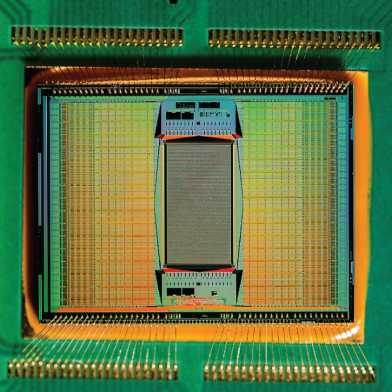
Neurodegenerative diseases such as amyotrophic lateral sclerosis (ALS) and frontotemporal lobar dementia (FTLD) are difficult to study in vivo. A study led by the University of Zurich in collaboration with the Lab of Andreas Hierlemann, now identifies potential targets that may cause these diseases and their progression. The scientists developed a novel human-derived in vitro cell-culture model and methods for testing that the cells are functional, paving the way for new therapies.
"It's okay to take your time."
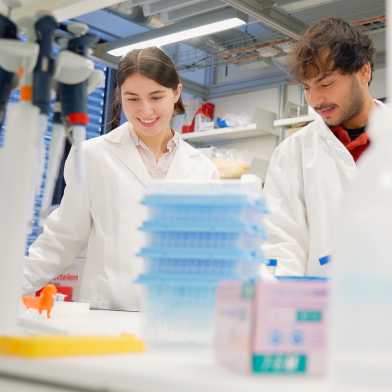
Damla Ortac already had a job as a software engineer when she graduated with a Bachelor's Degree in Computer Science. But she began to have doubts about her chosen career and decided to do something totally different. Today she is a second-year Master's student in Computational Biology and Bioinformatics.
2023 in Review
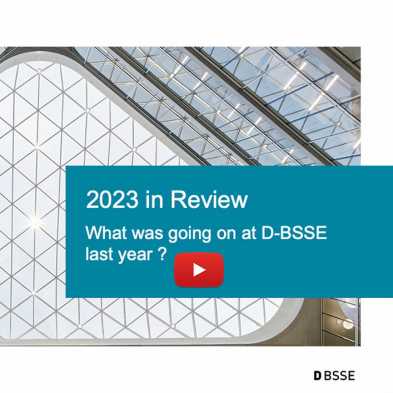
Last year was a very exciting year for the D-BSSE: we moved into our new building on campus Schällemätteli in Basel, celebrated many awards, prizes and scientific highlights, launched major partnerships such as the Next-gen Bioengineers programmes with Roche and the Engineering Translational Medicine initiative - and hosted a fantastic welcome retreat. See what was going on at D-BSSE in 2023!
Personalised Health Conference on 13-14 March at D-BSSE
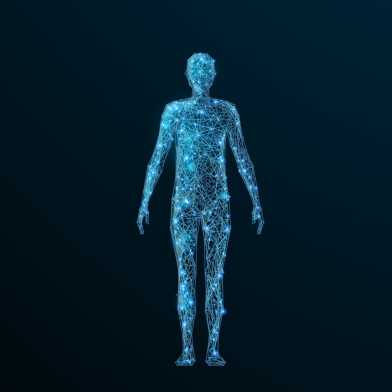
In mid-March, the Personalised Health Conference will take place at D-BSSE. The programme includes two exciting days with keynote talks by Adrian Egli, Emma Slack and Jacques Fellay. On the second day the focus lies on translation, entrepreneurship and commercialisation. Registration is free of charge and ends on 10 March.
SNF Spark grant for postdoctoral researcher Asli Azizoglu
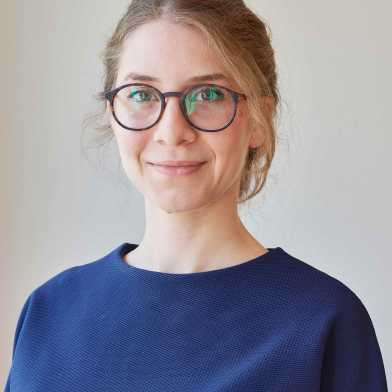
G-Protein Coupled Receptors (GPCR) are cell-surface receptors that detect molecules outside the cell and activate cellular responses. They regulate a large variety of pathophysiological processes and are therefore the target of extensive drug discovery efforts. In her Spark-funded project from the Swiss National Science Foundation, Asli Azizoglu from the Computational Systems Biology group will develop a technology platform that identifies very efficiently functional drugs that target GPCRs.
Kickoff of the seminar series of the Next-Gen Bioengineers programmes
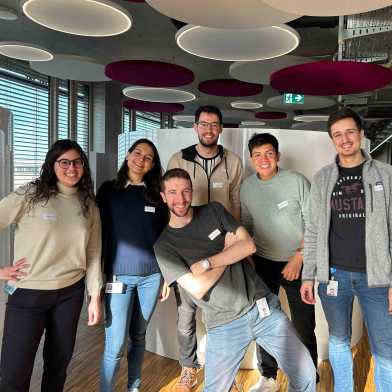
On 29 January, the two joint programmes of ETH Zurich and Roche kicked off the seminar series «Next-Gen Lunch and Learn» providing opportunities for scientific exchange and networking for scientists and fellows from the Institute of Human Biology, pRED and D-BSSE. On a guided tour to the D-BSSE Single Cell and Lab Automation facilities led by Thomas Horn the young scientists learned about the many resources available for their research.
Welcoming new leadership at D-BSSE
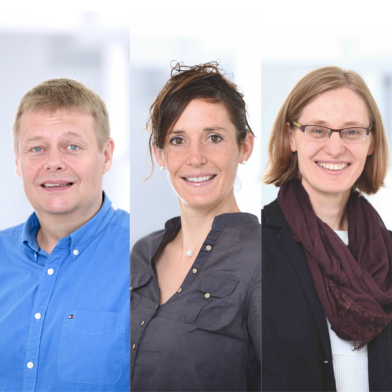
As of 1 February 2024, a new leadership runs D-BSSE: Head of Department is Sven Panke, his Deputy is Tanja Stadler. Petra Dittrich continues in her role as Director of Studies. Big thanks go to the outgoing Department Head Daniel Müller, who led the D-BSSE for the past 3 years.